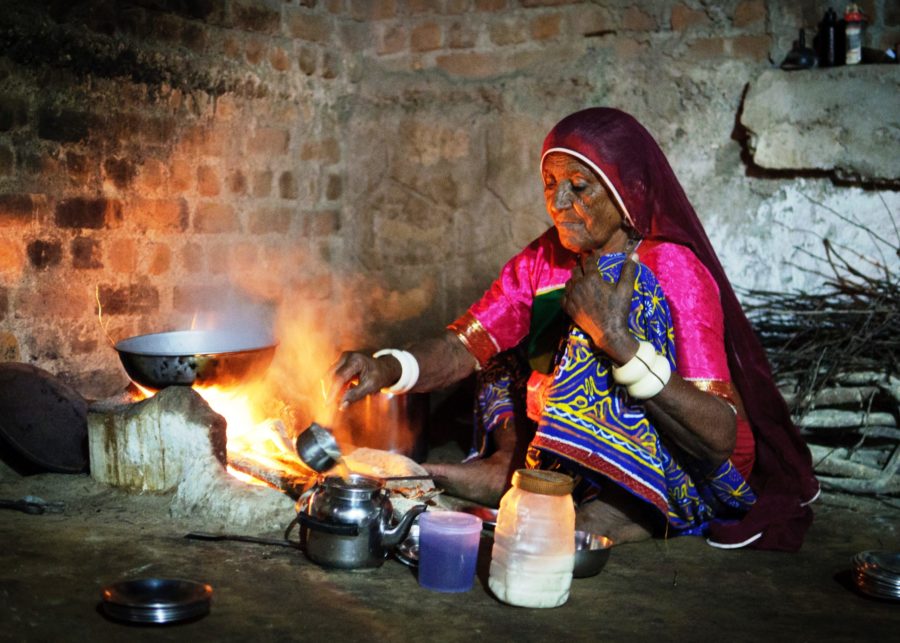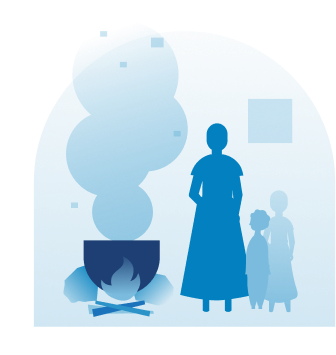The Value of Clean Cooking
Switching to clean cooking – using modern stoves and fuels – transforms lives by improving health, protecting the climate and the environment, empowering women, and helping consumers save time and money.
See our Clean Cooking Catalog




















